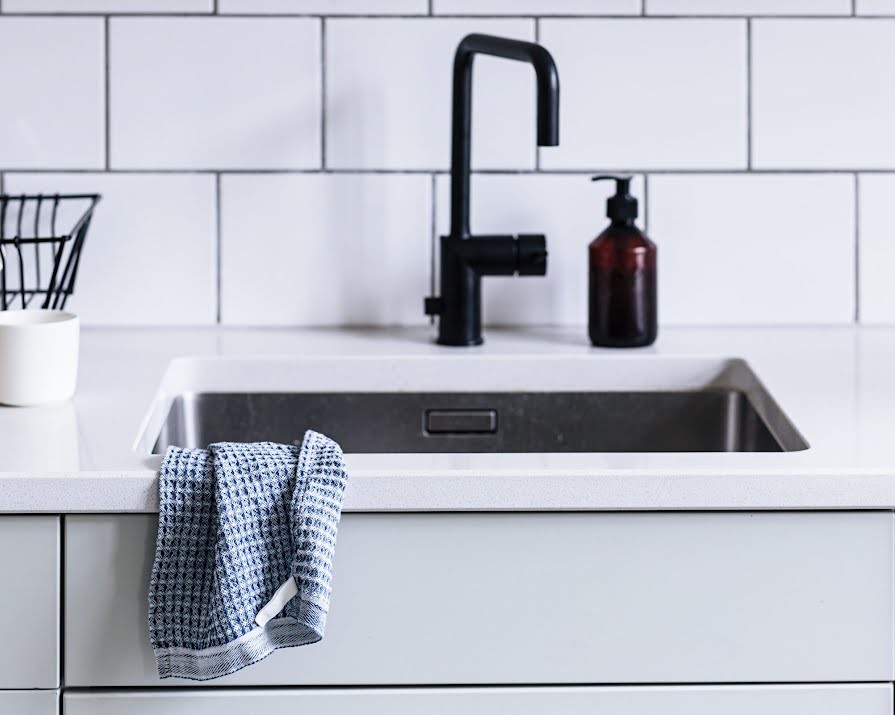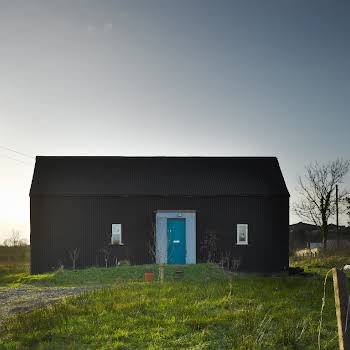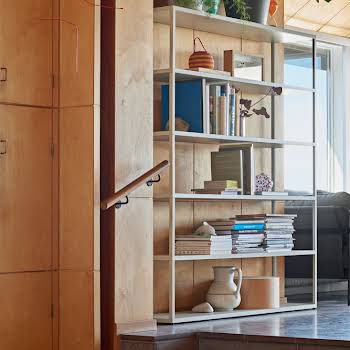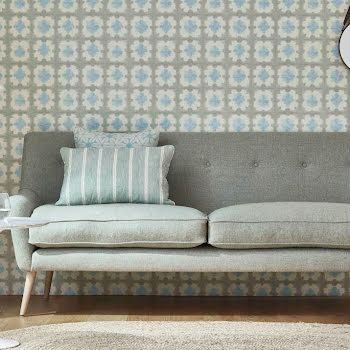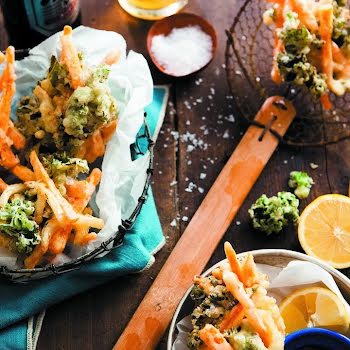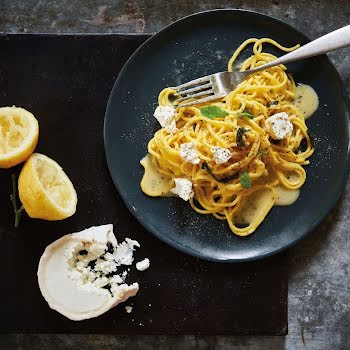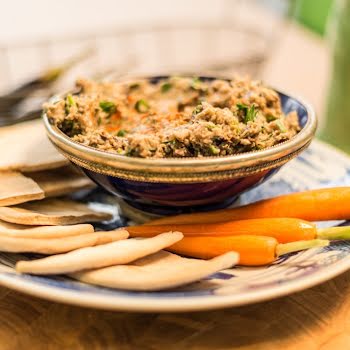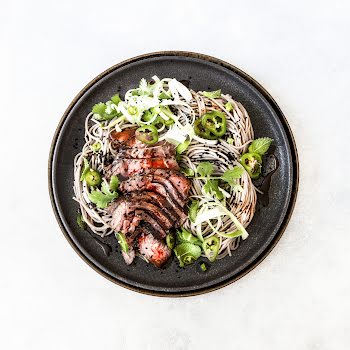By Lauren Heskin
24th Aug 2021
24th Aug 2021
Making your own homemade cleaning products without all the nasty chemicals and by-products is actually much easier than it sounds.
I don’t know about you, but I’m essentially smothering my hands in moisturising lotion, only to have the not-so-irrational need to wash them five minutes later and thus the cycle begins again. Ravaged by hand sanitisers and Dettol wipes, now is looking like a good time to start making your own homemade cleaning products.
There are lots of natural products you can use for cleaning, such as vinegar, baking soda and lemon. These have all been used for centuries prior to commercial cleaning agents and work just as well without creating chemicals during their production or their use.
Hand soap
You might be searching the aisles for antibacterial soap but an Oxford study has proven that not only is antibacterial soap no more effective in preventing the spread of bacteria than regular soap and water, but the antibacterial agents have the potential to encourage antibiotic-resistant bacteria.
Advertisement
What You’ll Need
- A dispenser with a pump head
- 120 ml of distilled water
- 60 ml liquid Castille soap
- 1 tbsp fractionated coconut oil or almond oil
- 15-20 drops of essential oil(s) of your choice
Method
Castille soap is made from olive oil and is named after the region in Spain in which it was discovered. It’s essentially olive oil combined with baking soda to create a hard white soap but it’s most commonly found in liquid form now and Dr Bronner is a popular brand available in Ireland, many of which have their own essential oils incorporated already.
In the dispenser, pour in the water first, followed by the Castille soap and the oil. The oil here is just to add an extra moisturising element, you can use an oil of your choice, olive oil works too. Stir in the essential oils.
That’s it! Shake well, seal off the lid and make sure the pump is working properly before washing your hands.
Advertisement
Sanitiser
Washing your hands with soap and water for at least 20 seconds is the best way to keep your hands clean and sanitiser should not be a substitute for that. However, we’re still touching our face a lot (about 23 times an hour according to one study) so adding an extra layer of precaution can’t but help.
Again, it’s very simple to make. In order to be effective, sanitiser should be 60% alcohol to kill off most viruses.
What you’ll need
- Glass bottle with spray nozzle heads
- 180 ml rubbing alcohol
- 120 ml aloe vera gel
- 10 drops of essential oil of your choice (optional)
Method
First, begin by sterilising everything (bowls and utensils as well as glass bottles) in a boiling wash and using sanitised gloves as you mix everything. In a glass bowl (preferably one with a pouring spout), mix all of the ingredients together and then use a whisk to create a gel. Pour into the glass bottles and seal.
Advertisement
Washing up liquid
You could also use Castille soap as the basis for your dish soap but, while it’s kind on hands, it’s often not strong enough to cut through really greasy dishes, especially those cooked on a high heat in an oven. For this, you need something stronger, a detergent. Dr Bronner Sal’s Suds is a processed detergent that’s made from a coconut base and not to be confused with the Castille soap. It’s a great all-round household cleaner, especially when mixed with vinegar.
Vinegar is a great natural cleaning agent and works brilliantly as a rinse aid. If you’re in an area of hard water, you can pop it in your washing machine as a fabric softener or use it to remove tough limescale in bathrooms. Here, we’re using it to help out the detergent to really degrease dishes.
What you’ll need
- Glass dispenser with pump lid
- 240 ml distilled water
- 240 ml Dr Bronner Sal’s Suds
- 1 tbsp white vinegar
- 1 tbsp fractionated coconut oil (optional)
Method
If you wear gloves every time you wash the dishes you don’t need to include the oil, that’s just a way to be kinder to your hands. Add the water and the vinegar to the dispenser, seal off and shake to mix. Then add the Sal’s Suds and the coconut oil (if using) and shake again until combined.
If you want to go the extra mile, why not knit your own cotton dishcloths, it’s really very easy and there’s a full tutorial and pattern here, perfect for beginner knitters.
Advertisement
Featured image via Lapaun Kankurit











